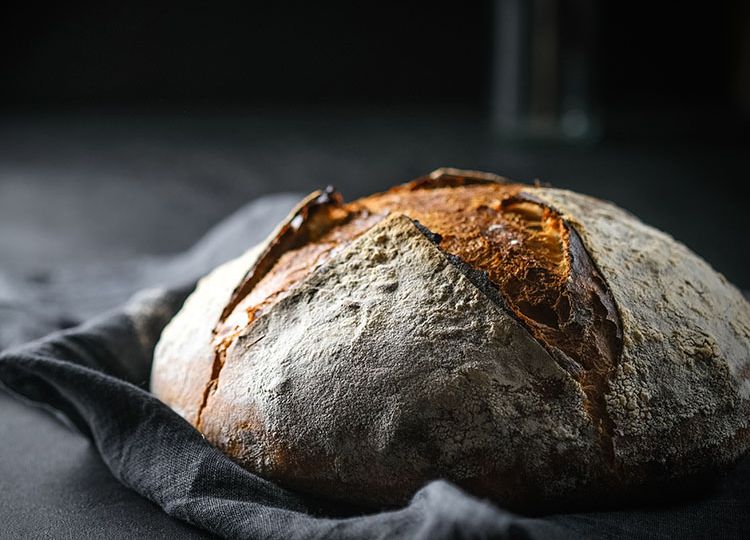
By José Guilherme Prado Martin and Thamylles Thuany Mayrink Lima Microbiology of Fermented Products Laboratory (FERMICRO), Department of Microbiology, Federal University of Viçosa, Minas Gerais, Brazil
In industrial production, the modulation of fermenting microbiota is the most critical stage. Understanding how it responds to processing conditions is essential to guarantee product quality.
The advantages associated with sourdough fermentation stem from the microbial metabolism of sourdough, including lactic acid and acetic bacteria, Saccharomyces and non-Saccharomyces yeasts. The bakery industry stands to benefit from microbial diversity as it enhances the safety of sourdough bread, as well as its sensorial and nutritional properties. The standardization of sourdough production is still a challenge, however, which is why modulating the microbiota becomes a crucial strategy for scaling up the production of sourdough. Understanding how parameters such as temperature, pH, dough yield and flour type impact sourdough microbiota and bread quality is essential for improving sourdough bread production for industrial production.


